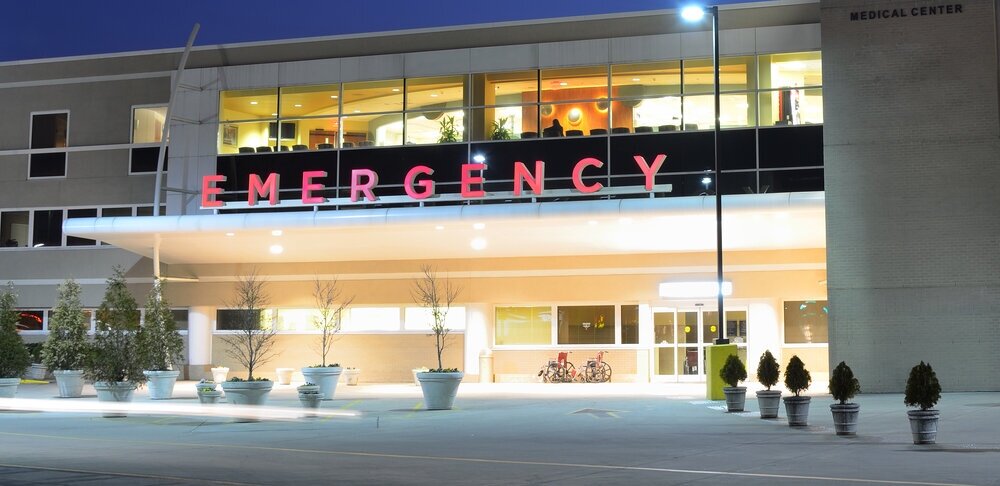Patient Safety
Medical Records
requesting your medical records
locating your records
health at-a-glance
common abbreviations found in medical records
Your Records
En Español | To receive the appropriate care for your health, it is important that you have your medical records so you can share them with any new practitioner and maintain other specialists informed. Make collecting your medical records a habit - it is your right to have them and also your responsibility to better manage your health.
While the original records belong to the medical facility or doctor, you are entitled to copies of the information in your medical record, and you can even suggest changes or corrections when appropriate. If you would want to have the records from your child, an aging parent, or sibling, you will need a legal power of attorney to access them.
It is important to collect your medical records promptly, as the facility may close or destroy them within 2 to 7 years. If the practice or facility has closed, check with the medical local society.
Locating Your Records
From your Family Doctor:
Typed progress notes, summaries from specialists, discharge summaries from hospitals and emergency rooms, results from blood work, urinalysis, pathology report, pap test and biopsies.
Typed reports from the radiologist along with a copy of the actual X-ray picture.
Results from screening and diagnostic test.
Immunization history.
Specialists:
In case your primary doctor hasn’t received the results, ask them for a copy.
Hospital Medical Record Department:
In case your doctor doesn’t has the Hospital Discharge Summaries, contact the medical record department at the hospital and specifically request for the summary. If you don’t specify that you want the summary, you might get the whole file, and be charged for it, which can be redundant.
Laboratory or Hospital Radiology Department:
You should receive these records from your doctor. If they don’t have them, you should contact the department directly.
Complementary and Alternative Health Care Practitioners:
You must contact all the specialists independently, including nutritionists, acupuncturists, physical therapists, chiropractors, and others.




